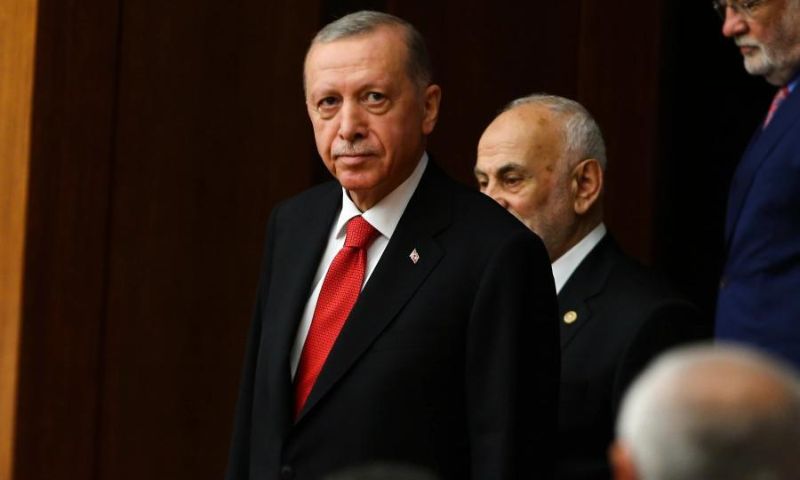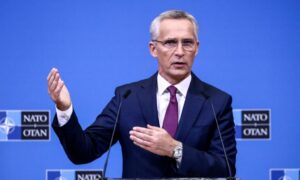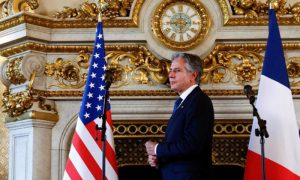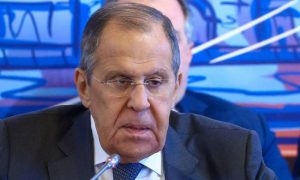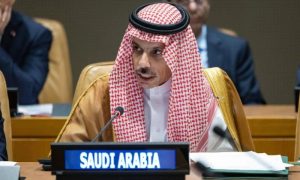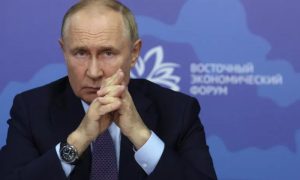ANKARA: Recep Tayyip Erdogan was sworn in on Saturday for his third term as the President of Turkey, following his historic victory in the recent runoff election. In his inauguration speech, Erdogan pledged to serve the nation impartially and uphold the independence and existence of the state.
Defying predictions and overcoming a challenging cost-of-living crisis, Erdogan secured 52.2% support in the May 28 vote. His reelection highlighted his ability to connect with a significant portion of the electorate and navigate obstacles successfully.
The presence of world leaders, including Prime Minister Shehbaz Sharif, Turkish Republic of Northern Cyprus President Ersin Tatar, Venezuela President Nicolas Maduro, and Kosovo President Vjosa Osmani, added to the significance of the inauguration ceremony in Ankara.
With his new five-year mandate, Erdogan will have the opportunity to pursue policies that have been criticized for their increasing authoritarianism and polarization of the country. As a NATO member and a regional military power, Turkey’s political direction under Erdogan will continue to shape its domestic and international standing.
The new parliament convened on Friday, and Erdogan officially began his new term by taking his oath on Saturday. This was followed by a ceremony at the presidential palace attended by high-level officials from 78 countries and international organizations. NATO Secretary-General Jens Stoltenberg, Venezuelan President Nicolas Maduro, Hungarian Prime Minister Viktor Orban, and Armenian Prime Minister Nikol Pashinyan were among the attendees.
Erdogan to Announce New Cabinet Today
In the evening, Erdogan is expected to announce his new cabinet, which is anticipated to reflect a potential shift in his unconventional economic program. Former economy chief Mehmet Simsek is likely to be included in the cabinet, signaling a potential return to more economic orthodoxy, including eventual interest rate hikes. Simsek, highly regarded by investors during his previous tenure, could mark a departure from the previous policies characterized by low interest rates, high inflation, and heavy state control.
Erdogan, who first became prime minister in 2003, has played a prominent role in Turkish politics for nearly two decades. He became the country’s first popularly-elected president in 2014 and was reelected in 2018 after securing new executive powers in a 2017 referendum. In his victory speech, Erdogan emphasized that addressing inflation, the most pressing issue for Turkey, would be his top priority.
Economists have expressed concerns about the country’s economic stability if current policies persist, citing depleted foreign reserves, an expanding state-backed protected deposits scheme, and unanchored inflation expectations. The Turkish lira has experienced significant volatility in recent years and reached new all-time lows following the election.









